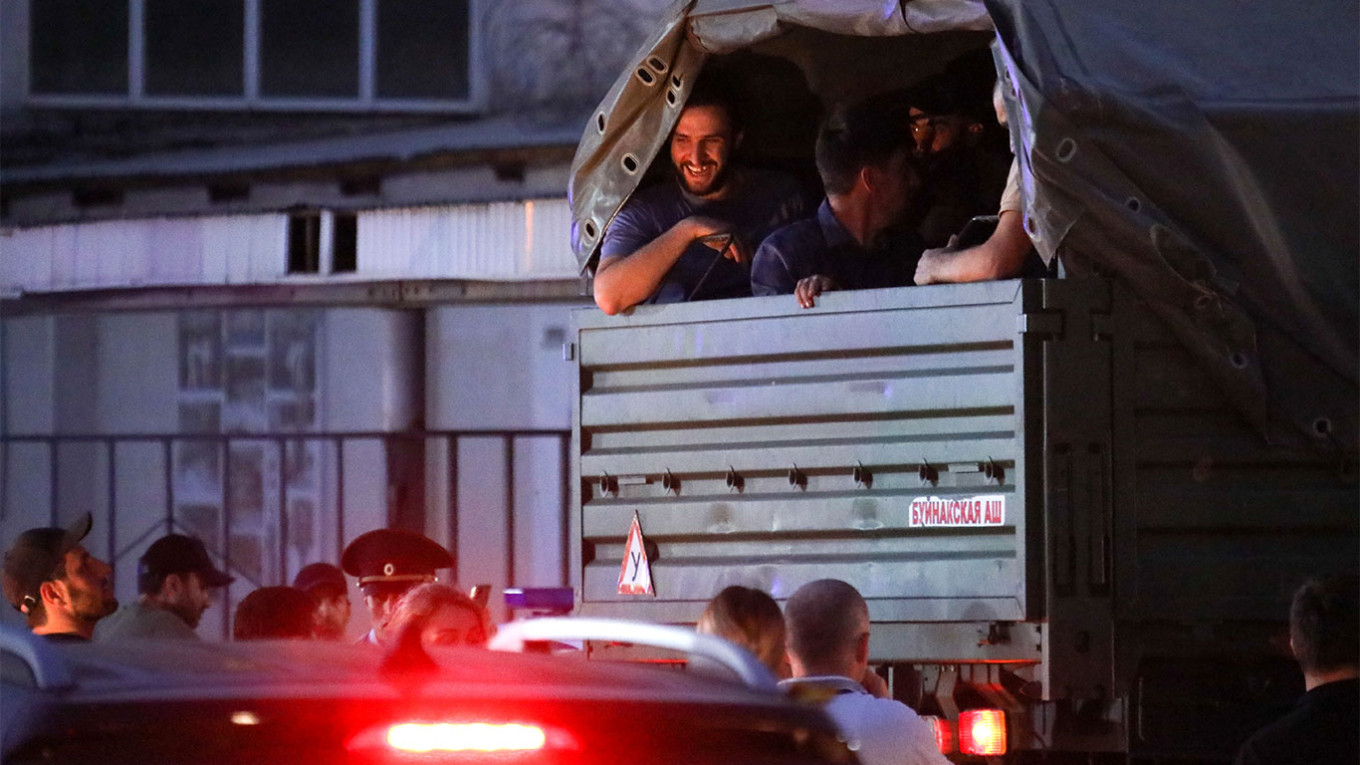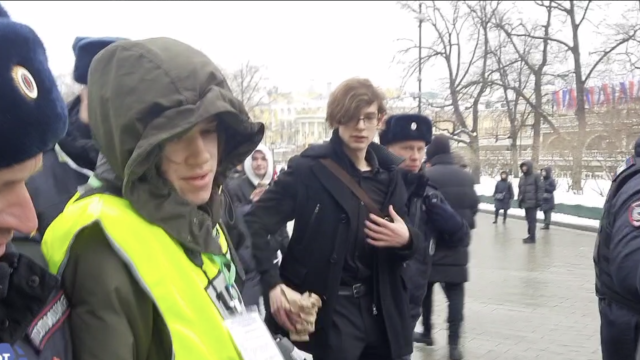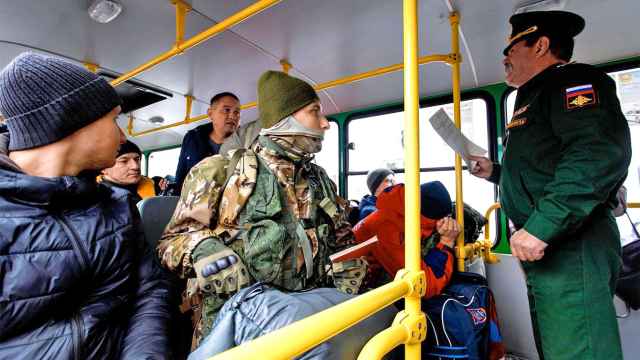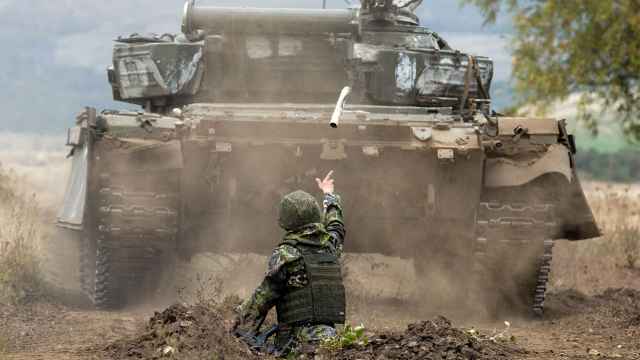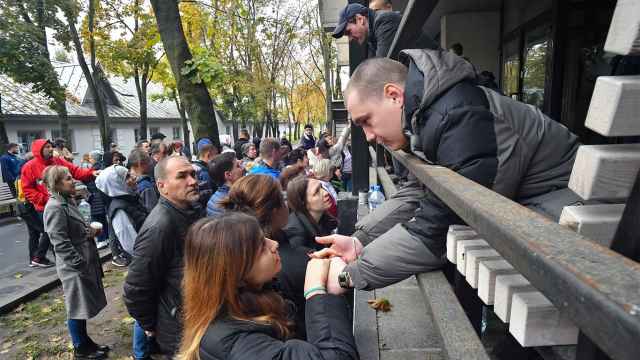Just hours after Russian President Vladimir Putin announced a partial mobilization for the war in Ukraine last week, a family in Russia’s majority-Buddhist republic of Kalmykia gathered to decide how to protect its four draft-eligible men.
“We thought my uncle would be drafted first and decided he would go to Kazakhstan… He left the next day,” the youngest man in the family from Kalmykia’s capital Elista told The Moscow Times.
Assured that his family was relatively safe, the man — a local activist who requested anonymity to speak freely — started helping conscription-age men to avoid “becoming cannon fodder” by fleeing abroad. But then his father received draft papers.
“I wasn’t able to convince my father to leave... I am going to the draft office tomorrow to bid farewell,” the activist wrote on social media Thursday.
“He is 47. He avoided the Chechen war, but not this one.”
Evidence from regional activists who spoke to The Moscow Times suggests that, almost a week into Russia’s mobilization drive, a disproportionate amount of the men being drafted come from Russia’s ethnic minorities.
Many of the ethnic republics that appear to have seen large numbers of men receiving draft papers — including the North Caucasus republic of Dagestan and Siberian republic of Buryatia — have already suffered heavy losses in the war in Ukraine.
“In Elista, they are planning to take 332 people, which is quite a lot for a city with a population of no more than 150,000,” local Kalmyk activist Daavr Dordzhin told The Moscow Times.
In the Siberian republic of Buryatia, one of Russia’s poorest regions, thousands of men — including recently discharged soldiers and those who initially refused to be sent to Ukraine — have apparently received call-up papers.
“All the young men we were able to save and bring back home are now being invited to go back into that meat grinder,” said Alexandra Garmazhapova, co-founder of the anti-war Free Buryatia Foundation that helps conscientious objectors.
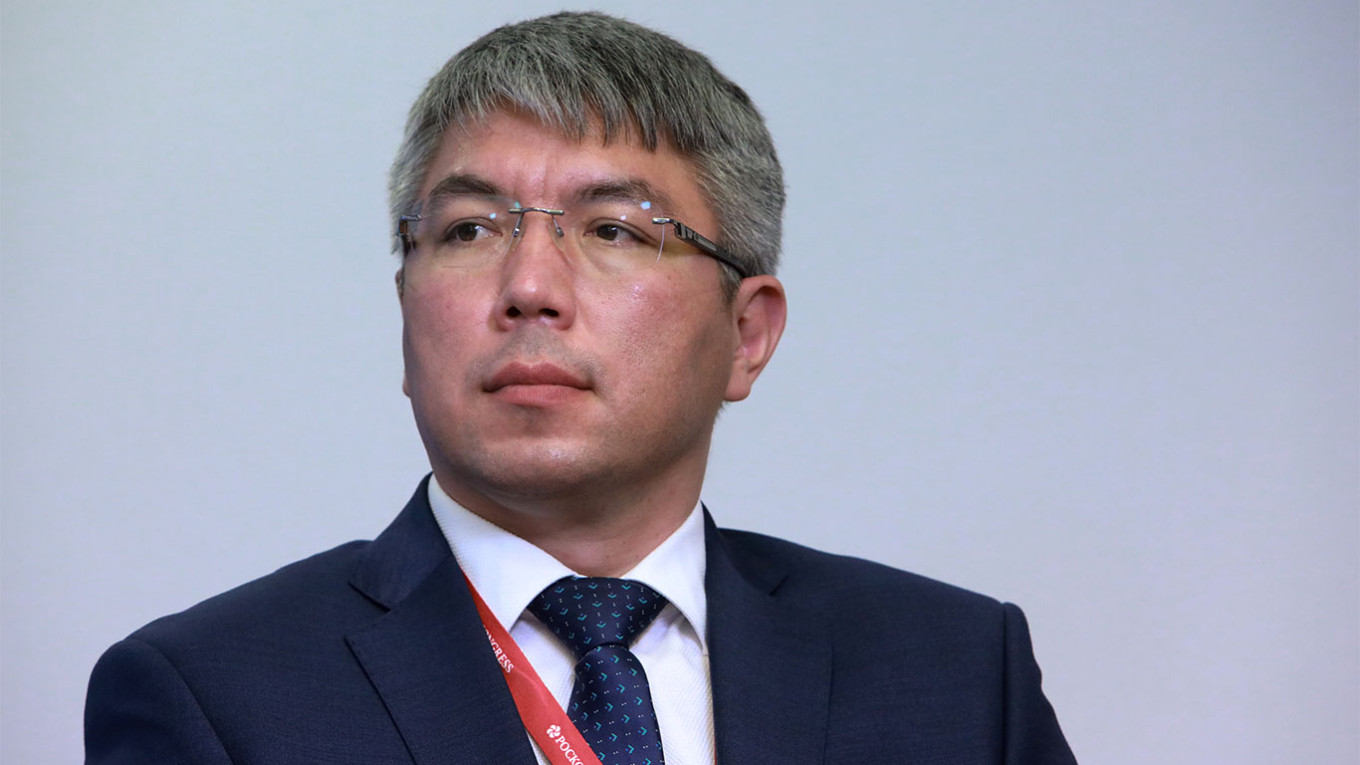
There are no official figures for the numbers of men mobilized in each Russian region, and The Moscow Times was unable to confirm numbers given by activists.
In Bashkortostan, an oil-rich Muslim-majority republic in central Russia, fathers of four and men over 40 years old are among those to have received draft papers, according to Bashkir opposition activist Ruslan Gabbasov
“I don’t know the exact numbers of people drafted, but they are sending out draft papers left, right and center,” he told The Moscow Times.
And in Crimea, which Russia annexed from Ukraine in 2014, the peninsula’s indigenous Crimean Tatars have apparently been hit particularly hard.
“Eighty percent of the draft papers for mobilization in Crimea were sent out to Crimean Tatars (Crimean Tatars make up less than 20% of the population of Crimea),” journalist and activist Osman Pashaev wrote in a post on Facebook last week.
Many activists have suggested mobilizing more men from ethnic minorities far from Moscow and St. Petersburg is a way for the Kremlin to reduce the draft’s impact on major cities, where the chances of opposition protests are higher.
But many of these regions — which are generally poorer and more fertile recruiting grounds for the Russian army that can provide a stable salary and act as a social lift — also have a higher-than-average number of military veterans.
“A mobilization that focuses on recent veterans will… disproportionately affect regions where there are more military units,” military analyst Rob Lee tweeted last week.
Perhaps because of the outsize impact of the draft on their communities, ethnic minorities have played a prominent role in anti-mobilization protests — often led by women — in recent days, with videos emerging of demonstrators blocking roads, scuffling with police and calling for peace.
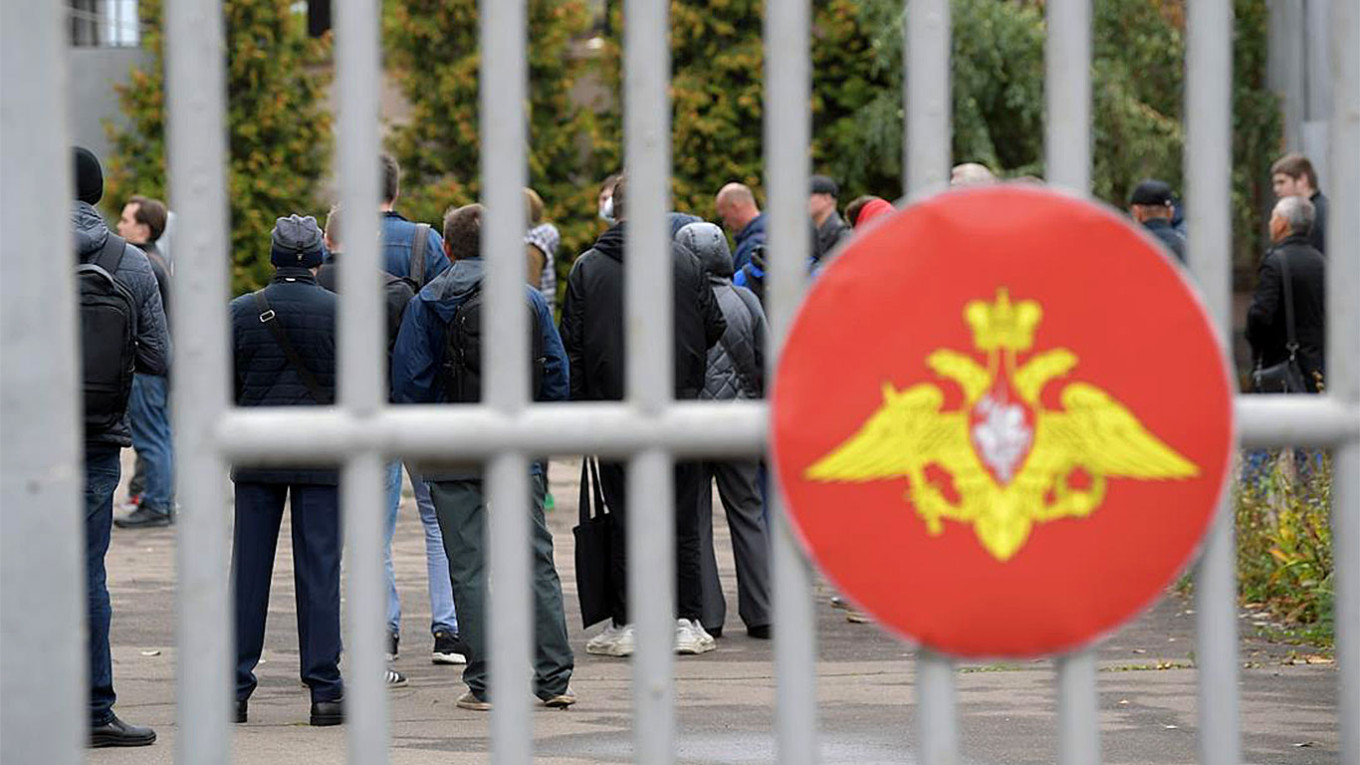
The ethnic republics of Dagestan, Kabardino-Balkaria and the Arctic republic of Sakha all saw significant protests over the weekend.
Demonstrators in Yakutsk, the capital of mineral-rich Sakha, organized traditional dances at a protest Saturday and were seen chanting “No to war!” and “No to genocide!” — a reference to the fact that mobilizing men from small ethnic minority communities will likely cause their population numbers to plummet.
And in Dagestan, protesters in the town of Khasavyurt blocked a key highway Sunday. Police fired in the air in an attempt to despers the rallies, according to videos from the scene.
Over 10 times more people were detained at anti-mobilization protests Sunday in Dagestan’s Makhachkala than in Moscow, according to protest monitoring group OVD-Info.
Like in most Russian regions, the mobilization drive in ethnic republics appears to be particularly intense in poorer, rural areas, activists said.
In the Caucasus republic of North Ossetia, “draft papers are distributed mostly in villages,” one local activist who requested anonymity told The Moscow Times.
And a similar tactic is used in Bashkortostan.
“They are taking ordinary boys from the districts and villages,” one eyewitness from Bashkortostan said in a message sent to the Free Buryatia Foundation that the group subsequently shared online.
Many activists blamed regional leaders keen to impress the Kremlin for the speed of mobilization in areas with large ethnic minority communities.
“The over-eagerness of the head of Buryatia, Aleksei Tsydenov, plays an important role,” activist Garmazhapova told The Moscow Times.
“If Vladimir Putin told him to do a pole dance, he would do it. And just as easily he will send young men from Buryatia to war... He doesn’t see them as people, he sees them as a means to achieve his [political] goals,” she said.
A Message from The Moscow Times:
Dear readers,
We are facing unprecedented challenges. Russia's Prosecutor General's Office has designated The Moscow Times as an "undesirable" organization, criminalizing our work and putting our staff at risk of prosecution. This follows our earlier unjust labeling as a "foreign agent."
These actions are direct attempts to silence independent journalism in Russia. The authorities claim our work "discredits the decisions of the Russian leadership." We see things differently: we strive to provide accurate, unbiased reporting on Russia.
We, the journalists of The Moscow Times, refuse to be silenced. But to continue our work, we need your help.
Your support, no matter how small, makes a world of difference. If you can, please support us monthly starting from just $2. It's quick to set up, and every contribution makes a significant impact.
By supporting The Moscow Times, you're defending open, independent journalism in the face of repression. Thank you for standing with us.
Remind me later.



